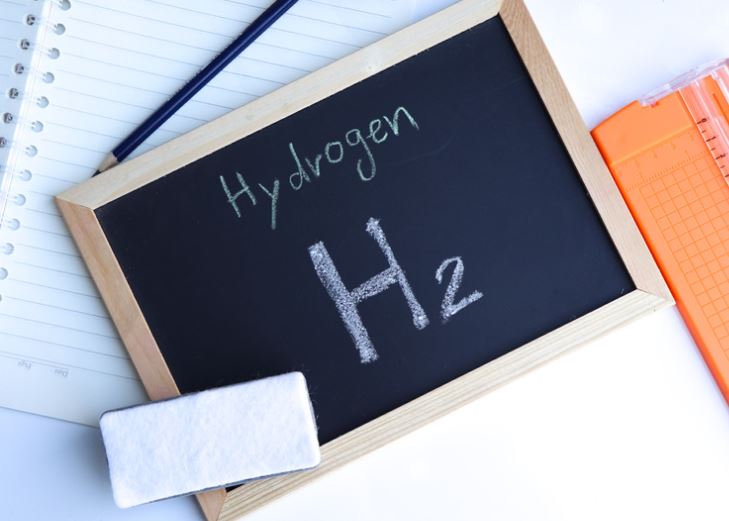The National Hydrogen Council (NWR), a pivotal advisory body guiding Germany’s hydrogen strategy, has significantly revised its projections for future hydrogen demand in the country. This update carries substantial implications for Germany’s energy transition and global efforts to decarbonize.
The NWR now anticipates a surge in hydrogen demand, estimating a range between 94 and 124 terawatt hours (TWh) for 2030. This substantial increase, compared to the initial forecast of 93 TWh in February 2023, underscores the growing significance of hydrogen in Germany’s energy landscape.
Notably, the NWR’s latest estimate aligns closely with the German government’s National Hydrogen Strategy update from July 2023, which projected demand between 95 and 130 TWh by 2030. This convergence underscores the urgency and consensus surrounding hydrogen’s role in achieving ambitious climate targets.
A key highlight of the revised forecast is the anticipated demand distribution across sectors. The steel industry emerges as a significant driver, with an estimated demand of at least 28 TWh by 2030. This underscores the pivotal role of hydrogen in decarbonizing industrial processes, particularly in heavy-emissions sectors like steel production.
Moreover, the transportation and chemical industries are poised to contribute substantially to hydrogen demand, with projected demands of 22 TWh and at least 21 TWh, respectively. These sectors represent critical avenues for leveraging hydrogen’s potential as a clean energy carrier and feedstock.
Uwe Lauber, a member of the NWR, emphasizes the economic and environmental imperatives driving Germany’s hydrogen agenda. As CEO of MAN Energy Solutions, Lauber underscores the pivotal role of hydrogen in bolstering economic growth and achieving climate protection goals. Failure to advance the hydrogen economy risks impeding Germany’s progress on both fronts.
The NWR comprises a diverse array of stakeholders, including representatives from business, science, and civil society. Led by Katherina Reiche, head of energy service provider Westenergie, the council embodies a collaborative approach to steering Germany’s hydrogen transition, leveraging expertise from various sectors.





